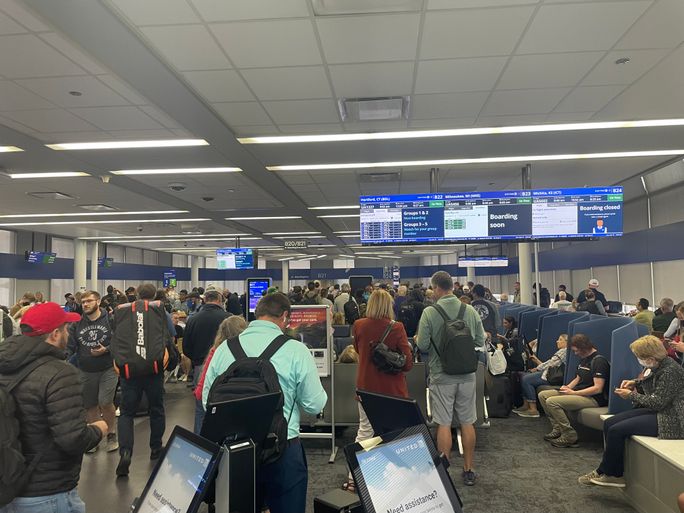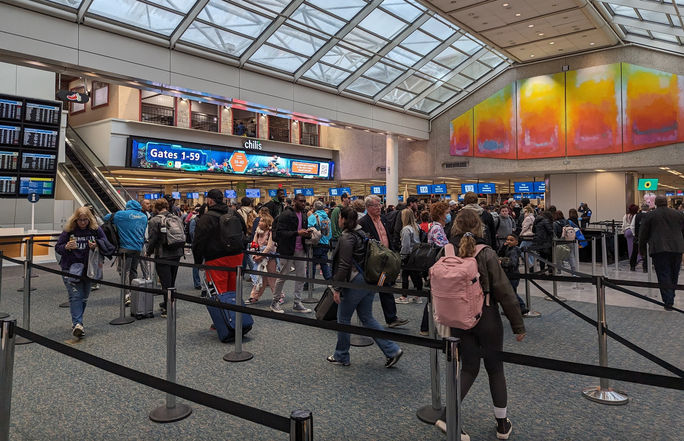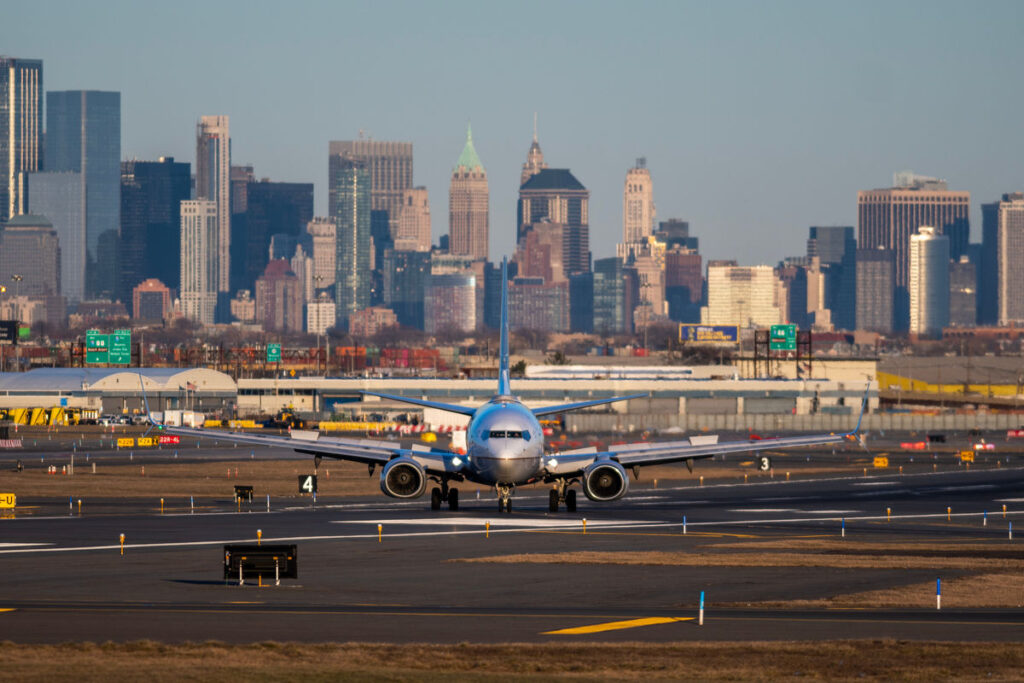
It’s a question many travelers face: When is the best time
to book an airline ticket?
The answer varies widely, especially according to some travel
advisors, who report that clients follow very different strategies to find the
best airfares and flight options.
“We’re seeing two distinct booking behaviors right now:
clients either book within a two-week window for travel happening in the next
two to six weeks, or they’re locking in longer-haul, high-value trips over nine
months in advance,” said Duncan Greenfield-Turk, founder of Global Travel Moments, a Global
Travel Collection affiliate.
Multiple experts agree: Determining when to buy air travel
depends on a variety of factors — including flexibility, budget, priorities and
comfort level (as well as a healthy dose of luck).
The Case for Booking
Early
According to Peter Vlitas, executive vice president of
partner relations at Internova Travel Group,
the best advice for most travelers is simple: don’t delay. “You should book as
soon as possible to secure the best rate, flight options and preferred seat
assignments,” he says. “Later, you may find a better price, but a poor
connection will most likely accompany it.”
Susan Catto, head of publishing, Canada at Travelzoo, agrees that reserving air
travel well in advance offers lots of advantages. “As a rule, booking travel
and accommodations further in advance is cheaper, and some destinations even
offer early booking discounts, potentially leading to significant savings for
those who plan ahead,” she said. “For longer and more complex trips, especially
those involving families or larger groups, booking far in advance significantly
reduces both financial and logistical stress, making it almost always the
better option.”
Greenfield-Turk said that early booking is particularly beneficial
for those with specific preferences or complex itineraries. “Booking early
gives access to better availability, preferred flight times and the most
comfortable cabin options,” he said. “This is especially advantageous for
families or travelers with specific routing needs or preferences.”
For Sarah L. Thompson, CEO and founder of Luxama Travel, early booking is
“non-negotiable” during peak periods, especially for first- and business-class
seats. “The same applies for
destinations with limited lift, like the Greek Islands or parts of the
Caribbean,” she said. “Shoulder seasons or destinations with many daily
flights, such as New York–London, allow a bit more flexibility. But when we’re
talking about bucket-list trips — safaris, milestone celebrations, or
honeymoons — I always recommend booking air early to secure the foundation
of the journey.”
Still, there may be
risks when booking early, Thompson notes. “The downside is that
schedules can shift,” she said. “Clients who book too far in advance sometimes
face schedule changes or even cancellations. My role is to balance peace of mind with flexibility. For early planners,
I ensure we lock in the best cabins and then monitor schedules closely,
managing any changes seamlessly on their behalf.”

Busy boarding gates at Chicago’s O’Hare International Airport. (Photo Credit: Patrick Clarke)
When Waiting Works
Travelers who aren’t able to — or don’t want to — plan far
in advance may still find good deals, according to Catto. “Many airlines and
destinations offer unbeatable deals to help them fill up plane seats or hotel
rooms at the last minute,” she said. “What they lack in terms of choice they
make up for in terms of sheer value, allowing travelers to spend less on
getting there and focus their money, time and energy on actually being there.”
“Last-minute deals
are an excellent way to have off-the-beaten-path experiences and find hidden
gems that you may never have discovered otherwise,” Catto added. “While
constraints on destinations or accommodations may be unappealing to some, many
travelers find that these constraints actually help them get more out of
traveling.”
For Thompson’s high-net-worth clients, convenience often
trumps cost. “Many still leave air travel until the last minute because their
schedules change frequently,” she explained. “Others, especially families and multi-gen groups, are booking both
flights and accommodations much earlier to secure the best connections and
premium cabins. It’s very much a split depending on the type of traveler and
the nature of the trip.”
Greenfield-Turk, meanwhile, warned that while a lower
airfare may be alluring, “more often than not, it comes with limited choice and
a premium on comfort,” he said. “As an example: One couple hoping for premium
economy seats to Tokyo ended up in basic economy with a two-stop routing,
simply because they waited too long.”

Travelers wait in TSA security line at Orlando International Airport (Photo Credit: Eric Bowman)
What to Consider
Before Booking
The biggest risk of early booking, Vlitas said, lies in
cancellation policies. “If you cancel, depending on the airline’s rules, you
may not be able to obtain your money back, but rather a credit that you most
likely have one year to use, with no guarantee of what the new fare would be
compared to the one you initially purchased,” he explained.
That’s why Catto advises travelers to consider the ticket
type carefully. “One major caveat when booking airfare in advance: the
ever-more-popular ‘basic’ fares that may not allow changes or cancellation at
all, even for a fee,” she said. “For peace of mind, it may be worth paying
extra for a more flexible ticket when you’re booking flights months in advance.”
Ultimately, the best booking strategy depends on the
traveler’s priorities. Those with inflexible schedules, group travel plans or
bucket-list experiences in mind should probably book early to find the most
options and lock in fares. Travelers with more flexibility and a sense of
adventure may find that a tighter booking window could offer exciting
opportunities and savings.
Regardless of when travelers book air travel, those who consult
with a travel advisor have an advantage, according to Vlitas. “Advisors know
the ebb and flow of fares, airline offers and the tricks of the trade to get
the best value,” he said.
Greenfield-Turk agrees. A travel advisor’s role is “never
just about getting from A to B,” he said. “It’s about shaping the journey to
suit the client’s travel style, pace and priorities.”
For the latest travel news, updates and deals, subscribe to the daily TravelPulse newsletter.

